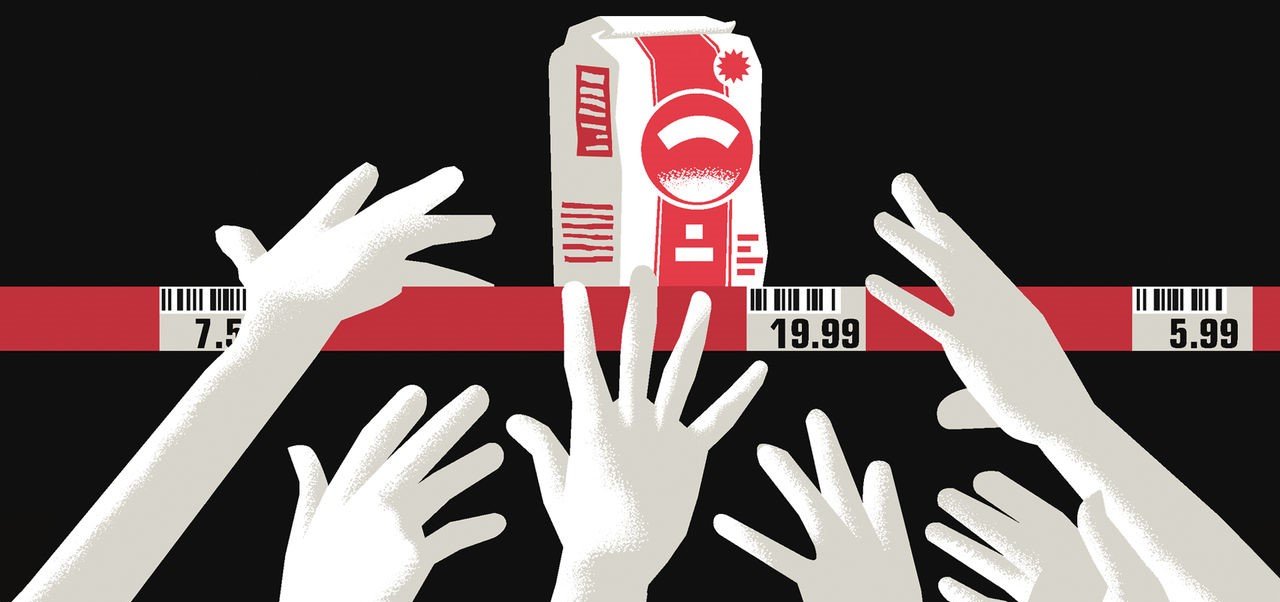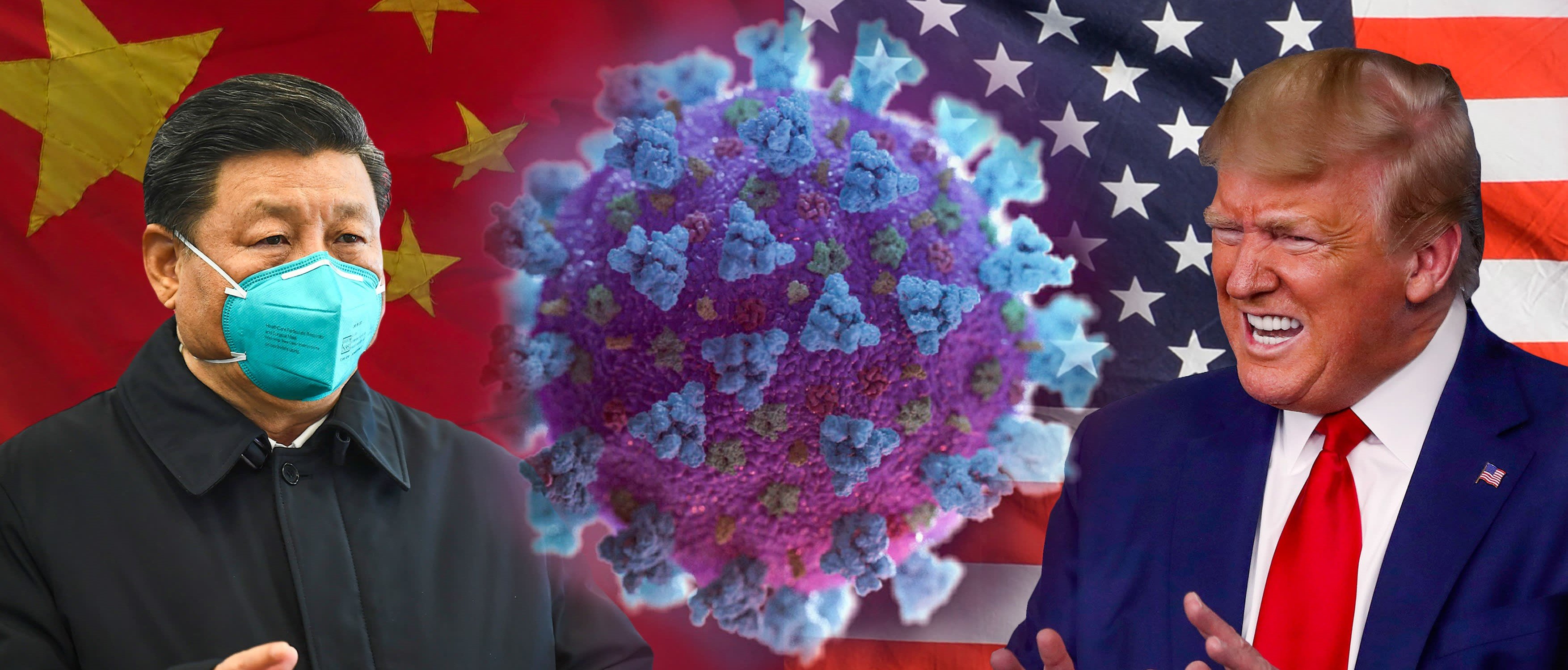Markets can be… let’s just say quite convincing. When those in charge of governments and central banks see prices collapsing and the thought crosses their mind that the financial system or even economic model could collapse on their watch, a very strong incentive to simply give the market what it wants emerges. But what if
Our Blog
Jul
- No Comments
Are Chinese Asset Investors Ready for an “Aggressive Fiscal Stimulus” Paradigm?
In this author’s opinion, at least, economists are underestimating the fiscal stimulus “demands” the market is making, especially in light of the fact that the let us call them ammunition levels of central banks have seen better days. Gone are the days when for example the United States criticized China for weakening its currency so
Jun
- No Comments
How Low (and, Strangely Enough, High) Can the PBOC and Other Central Banks Go?
The aftermath of the Covid-19 situation made at least one aspect perfectly clear: governments and especially central banks do not intend to let the economic dimension of the crisis simply run its course and, on the contrary, have manifested a more than obvious intention of proverbially throwing the kitchen sink at the problem. The Beijing
Jun
- No Comments
Key Ways That the US and Chinese Governments Differ
If you’re thinking about investing or opening up a business in China, it can be incredibly important to understand the differences between the two government structures. Heading in with the expectation that it will be “business as usual” could lead to costly mistakes. This is especially true when governments have such stark differences, as is
Jun
- No Comments
The “Deflation Followed by Inflation” Scenario for China and… Well, Everyone Else
It would perhaps be the understatement of the (21st) century that investors find it difficult to reconcile the fact that central banking policies have been “unorthodox” (extremely aggressive) for a very extended period of time with the fact that despite this aggressiveness, inflation problems haven’t surfaced. If anything, governments and central banks have been tacking
Jun
- No Comments
Individual Disaster Preparedness or “Prepping” in China vs. the West
In a previous article, we have covered large-scale disaster preparedness/management from the perspective of China as well as Western nations and have tried to explain that different countries have different let’s call them aggressive action tolerance thresholds. As such, it would be difficult to assume that action as drastic as in Wuhan could be taken
Jun
- No Comments
Large-Scale Disaster Preparedness and Management in China vs. the West
If there is one thing the Covid-19 situation has made clear, it’s that more attention needs to be paid to the large-scale disaster preparedness and management dimension. In other words, to the manner in which countries are prepared to tackle proverbial white as well as black swans, whether we are referring to a virus and
Jun
- No Comments
The Dangers of Hoarding in China and Elsewhere
Time and time again, calamities such as the Covid-19 situation bring out both the best and worst in people, from heroes who self-sacrifice for the benefit of others to those who embrace full-on “survival mode” and couldn’t care less what happens to those outside their social circle. And when it comes to the latter, hoarding
Jun
- No Comments
Potential Inflationary Covid-19 Effects in China and Elsewhere?
As an economist, you are taking on a great deal of professional risk by even pronouncing “the i-word” (inflation) at this point in time, the risk of being publicly ridiculed due to the fact that the status quo revolves so heavily around combating the exact opposite of inflation (on dealing with deflationary forces) that the
Jun
- No Comments
China in a Post-Pandemic Geopolitical Framework: Global Solidarity vs. Isolationism
Something as devastating as a pandemic inevitably brings about economic consequences that can be remarkably difficult to identify… at least at the beginning. To make matters worse, the covid-19 pandemic also made “globalized” supply chain weaknesses as well as over-optimization (for example, business models which revolve around “production on demand” rather than expensive and logistically











